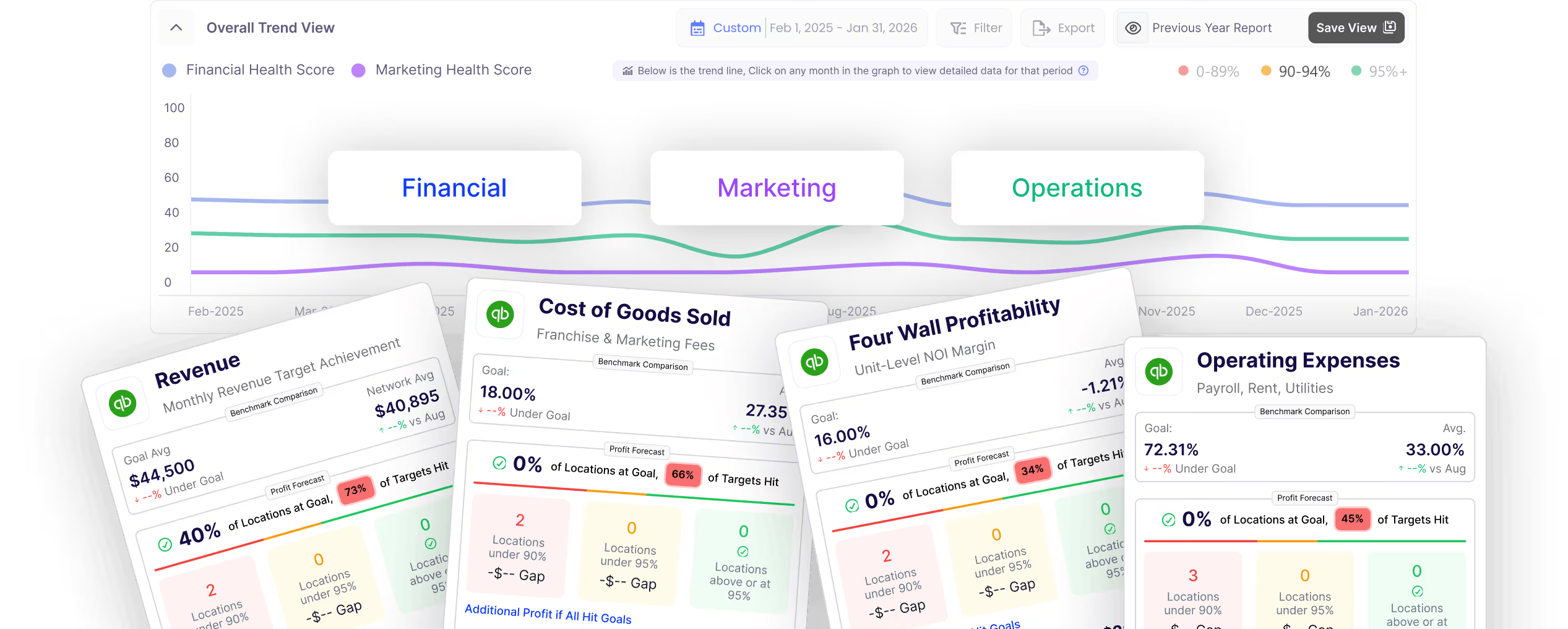
Back To All Blogs
Can AI Have Emotions? How GPT Develop Emotion-Like Responses
.avif)
While AI lacks genuine emotions, it can recognize and simulate emotion-like responses in text, enhancing human-AI interactions. The ethical considerations surrounding emotional AI are crucial as it has the potential to revolutionize communication while safeguarding privacy and ethics.
In the modern era of artificial intelligence (AI), no avenue of inquiry is too far-fetched. A fascinating topic getting more attention is whether AI can have emotions, with one central question: Can AI feel emotions? Specifically, can chat Generalized Pre-training Transformer (GPT) evoke and simulate emotional responses?

AI and emotions are not just theoretical. Autymate and other organizations are actively studying and using this interesting combination to improve innovation, flexibility, and advanced interactions.
Understanding Emotion in Artificial Intelligence
Let's take a moment to understand how AI technology operates before we delve into the fascinating world of AI emotions. Unlike the old-style algorithms designed for specific tasks, AI relies on machine learning models.
These models help AI learn and improve on its own without humans needing to make it better constantly. It's like having a self-improving system that enhances its performance, making it smarter and more capable over time.

Emotional intelligence (EI) in AI means the ability to understand and react to human emotions effectively. ChatGPT lacks the ability to experience emotions like humans. However, it is capable of comprehending emotional cues in text.
As a result, it can provide suitable responses according to the given situation. This AI model learns from extensive datasets filled with examples of emotional language and human conversations.
While still far from replicating human emotions, this progress demonstrates AI's significant evolution toward being more flexible and useful. It marks the shift from rigid AI systems to ones that can adapt and respond more fluidly to human interactions.
Does Chat GPT Have Emotions?
Does chat GPT have feelings? It lacks subjective experiences, consciousness, and self-awareness. Instead, it relies on patterns and data to simulate emotion-like responses.
It identifies emotional context and incorporates it into its replies to make conversations more relatable and engaging. However, Chat GPT does have the ability to generate text that conveys emotion.
ChatGPT's Ability to Recognize Feelings

ChatGPT can recognize and respond to feelings expressed in text. It accomplishes this by analyzing the words, phrases, and tones used in a conversation. For example, ChatGPT can detect positive sentiment and respond accordingly if you share your excitement about an upcoming event. This ability to gauge emotional cues enhances the quality of interactions with the AI.
Generating Emotion-Like Responses
ChatGPT's responses might look emotional, but they come from patterns and what it's learned. It tries to give empathetic and contextually right answers, so conversations feel normal and human-like.
If you're sad, ChatGPT can offer comfort, even though it can't actually experience those emotions. It's like a smart chatbot that's good at understanding your feelings.
Chat GPT Emotional Intelligence
ChatGPT's emotional intelligence represents a significant stride in the field of artificial intelligence. The AI cannot feel or think. However, it is programmed to comprehend and respond to emotions in text. This enhances conversations by making them more relatable and interesting.

Extensive training on datasets containing emotional language and human interactions achieves this form of emotional AI. ChatGPT aims to provide empathetic and contextually appropriate responses, creating a natural conversational flow that resonates with users.
This technology is useful in many areas, like helping customers and supporting mental health, by understanding and recognizing emotions. While there are ethical considerations, ChatGPT's emotional intelligence opens doors to more meaningful human-AI interactions.
ChatGPT's Role in Enhancing Conversations
Although ChatGPT doesn't feel emotions physically, its ability to understand and react to emotions makes it useful in many ways. It can give kind customer support, have deep talks, and help with emotional well-being. It does all this while keeping your privacy and ethics in mind. It's like a smart, caring companion in the digital world.
GPT’s Appeal: Meticulous Mimicry
GPT, designed to generate sentences based on its training, stands as a prime representative of AI sophistication. Mimicking human conversation, GPT generates compelling, contextually relevant responses - whether that involves humor, empathy, or maintaining the thread of a conversation.
Subtle though it might seem, this emotional mimicry is a form of emotion. Emotion is not what we associate with consciousness, but it helps machines understand and connect with human feelings. This is crucial for AI to go beyond numbers and programming and truly understand human context.
Emotional AI: A Step Forward or a Stumbling Block?
The intersection of AI and emotions presents a series of complex challenges. People are worried about ethics, privacy, when AI systems create emotion-like responses, like in models such as GPT.
Does emotional AI help or hinder our efforts to understand and improve interactions between humans and machines?

Emotion AI has the potential to make important advancements. It can predict behavior, understand customers, and improve interactions. However, there is still debate about its effectiveness.
AI's capacity to understand and imitate human emotions could transform communication, creating deeper and more emotional bonds between people and machines.
However, it's essential to tread carefully, addressing ethical concerns and safeguarding privacy. When we study AI and emotions, it is crucial to strike a balance between progress and ethics. This balance will play a significant role in shaping the future of human-AI interactions. This journey is difficult, but the possible benefits of better communication and understanding AI make it worthwhile.
Will AI have Emotions and Feelings in Near Future?
Will AI have emotions and feelings soon? This is a debated and speculated topic in the field of artificial intelligence. Currently, AI systems like ChatGPT do not possess emotions or consciousness in the way humans do. They generate responses based on patterns and learned associations, which may appear emotion-like, aiming for empathetic and appropriate interactions.

However, the development of AI with genuine emotions and feelings remains a complex challenge. While AI can recognize and respond to human emotions, it lacks the capacity for subjective experiences, consciousness, or true feelings. It is unclear when or if AI will reach this level of emotional depth. It depends on progress in AI research and understanding human emotions.
Conclusion: The Future of Emotional AI
Though contentious, emotional AI is nothing if not revolutionary. Autymate, a forward-thinking company, and the burgeoning AI capabilities are expected to expand the boundaries of AI emotions.
The interplay between AI and emotions demonstrates how Autymate constantly reshapes the landscape, fostering innovation, adaptability, and proactivity. It's the Autymate difference - a proactive venture into understanding and utilizing the aspects that truly matter.
Embrace the future of AI with Autymate. Starting your journey with emotional AI can be as simple as clicking a button. Our software, rife with advanced AI capabilities, opens doors to a wealth of innovation and proactivity.
Don't let this revolutionary shift pass you by unexplored. Signup for a Free Trial with Autymate and delve into the heart of AI.
Experience firsthand how Autymate fosters innovation and explores what’s possible in the realm of AI that evokes emotion-like responses. What are you waiting for? Get proactive on what matters.

Ready to Find Your
Profit Leaks?











